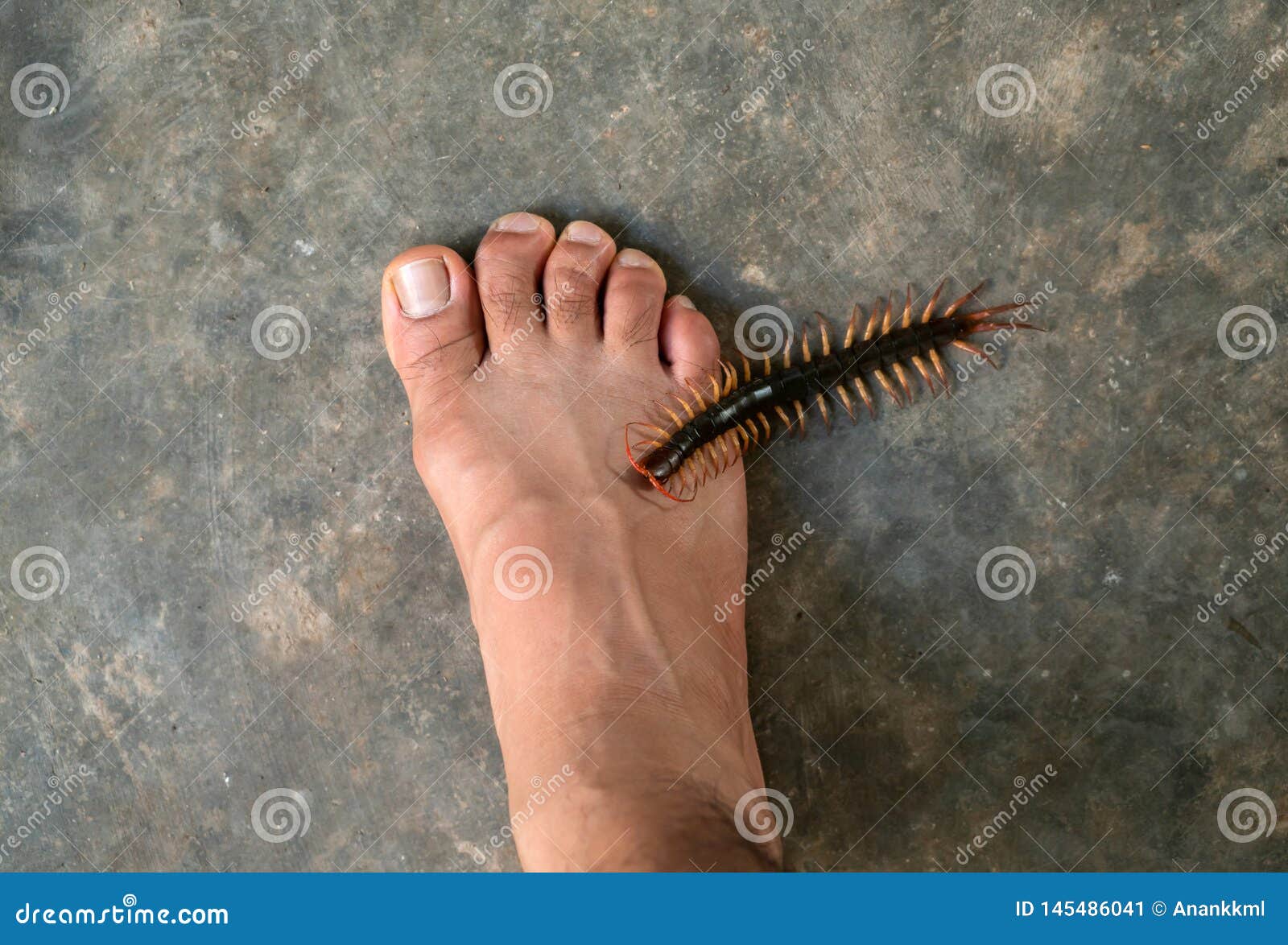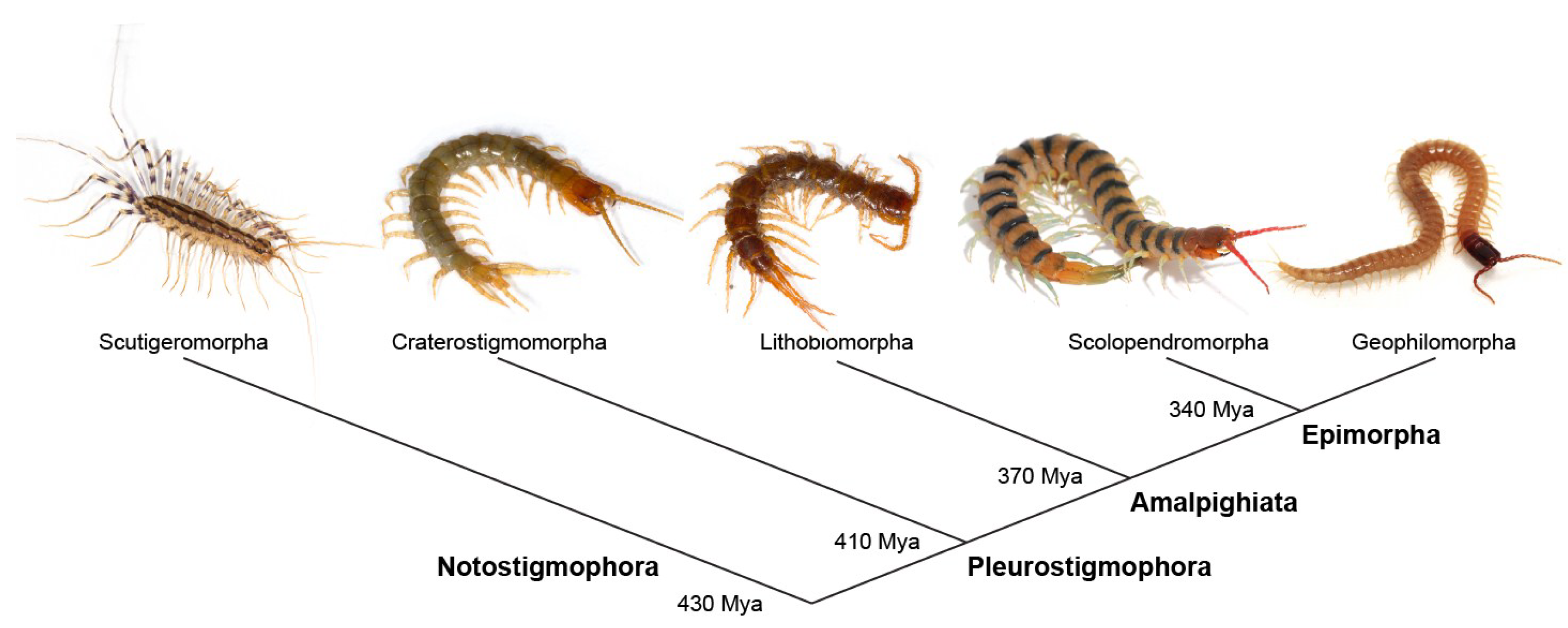House Centipede Bite: The Truth Behind The Myth
Ever wondered if house centipedes are as scary as they look? Well, buckle up because we're diving deep into the world of these creepy crawlies and uncovering the truth about house centipede bites. If you’ve ever seen one darting across your bathroom floor, you know it can be a little unsettling. But are these speedy critters really dangerous, or is it all just hype?
Let’s face it, house centipedes aren’t exactly everyone’s favorite houseguest. With their long, spindly legs and lightning-fast movements, they’ve earned themselves a reputation as one of the most unsettling pests around. But here’s the deal: while they might look intimidating, their bite is rarely something to worry about. Stick around, and we’ll break it all down for you.
In this article, we’ll explore everything you need to know about house centipedes, including their bite, how to identify them, and what to do if you ever encounter one. Whether you’re a curious homeowner or just someone who wants to separate fact from fiction, this guide has got you covered.
Table of Contents
- What is a House Centipede?
- House Centipede Bite: Myth or Reality?
- Symptoms of a House Centipede Bite
- How to Treat a House Centipede Bite
- Preventing House Centipedes in Your Home
- The Surprising Benefits of House Centipedes
- Common Questions About House Centipedes
- The Scientific Perspective on House Centipedes
- Busting Common Myths About House Centipedes
- Final Thoughts on House Centipede Bites
What is a House Centipede?
Alright, let’s start with the basics. House centipedes (scientifically known as Scutigera coleoptrata) are those fast-moving, multi-legged creatures you might occasionally spot in your home. They’re not insects but arthropods, meaning they belong to the same family as spiders and scorpions. Yeah, we know, that doesn’t exactly make them sound friendlier, but hear us out.
House centipedes are usually around 1 to 1.5 inches long, with up to 30 legs that give them a ghostly, spider-like appearance. Despite their creepy vibe, these critters are actually pretty beneficial to have around. They’re natural predators that feed on other pests like cockroaches, spiders, and ants. So, while they might not win any beauty contests, they’re kinda like the unsung heroes of your home’s pest control team.
Where Do House Centipedes Live?
House centipedes love damp, dark places. You’ll often find them in basements, bathrooms, or anywhere there’s moisture. They’re nocturnal creatures, so they’re most active at night when they hunt for food. During the day, they’ll usually hide in cracks or crevices, waiting for their next meal to come along.
House Centipede Bite: Myth or Reality?
Now, let’s get to the big question: do house centipedes actually bite humans? The short answer is yes, they can, but it’s super rare. House centipedes are not aggressive by nature, and they’ll only bite if they feel threatened or cornered. Think of it like this: if you accidentally stepped on one or grabbed it, it might lash out in self-defense.
But here’s the thing: their bite is nowhere near as scary as you might think. Unlike venomous spiders or snakes, house centipedes don’t pose a significant threat to humans. Their venom is mild and mostly used to immobilize their prey. So, while you might experience some discomfort, it’s unlikely to cause any serious harm.
Why Do House Centipedes Bite?
House centipedes bite as a defense mechanism. When they feel threatened, their first instinct is to flee, but if they can’t escape, they’ll use their venomous fangs to protect themselves. It’s important to remember that they’re not out to get you. In fact, they’d probably rather avoid you altogether.
Symptoms of a House Centipede Bite
If you do happen to get bitten by a house centipede, what can you expect? Most people report mild symptoms, similar to a bee sting. You might experience:
- Redness around the bite area
- Swelling
- Pain or burning sensation
- Occasional itching
In rare cases, people with allergies might have a more severe reaction, but this is extremely uncommon. If you notice any signs of an allergic reaction, such as difficulty breathing or swelling in other parts of your body, seek medical attention immediately.
How to Treat a House Centipede Bite
So, you’ve been bitten by a house centipede. No worries, it’s not the end of the world. Here’s what you can do to treat it:
First things first, clean the area with soap and water to prevent infection. You can apply a cold compress to reduce swelling and numb the pain. Over-the-counter pain relievers like ibuprofen can help if the discomfort persists. And if the itching is driving you crazy, try an antihistamine cream to soothe the area.
When to See a Doctor
While house centipede bites are generally harmless, there are a few situations where you might want to consult a doctor. If the bite becomes infected, or if you experience severe symptoms like dizziness or difficulty breathing, it’s best to err on the side of caution and seek professional advice.
Preventing House Centipedes in Your Home
If the thought of sharing your space with house centipedes still gives you the heebie-jeebies, there are steps you can take to keep them at bay. Since they thrive in damp environments, reducing moisture in your home is key. Use dehumidifiers, fix leaky pipes, and ensure proper ventilation in areas like basements and bathrooms.
Sealing cracks and crevices around your home can also help prevent them from entering. And if you’re dealing with a larger infestation, consider using natural repellents or calling in a professional pest control service. Remember, though, that house centipedes are beneficial predators, so eliminating them entirely might not be the best approach.
The Surprising Benefits of House Centipedes
Believe it or not, house centipedes can actually be good for your home. As we mentioned earlier, they’re natural pest controllers, feasting on other unwanted critters like cockroaches, spiders, and silverfish. By keeping these pests in check, they help maintain a healthier indoor environment.
Plus, they’re completely harmless to humans and pets. So, the next time you see one scurrying across your floor, try to resist the urge to panic. Instead, give it a little nod of appreciation for all the hard work it’s doing behind the scenes.
Common Questions About House Centipedes
Still have some burning questions about house centipedes? We’ve got you covered. Here are a few FAQs to clear up any lingering doubts:
- Are house centipedes dangerous? No, they’re not dangerous. Their bite is mild and rarely causes any serious issues.
- Can house centipedes live without food? House centipedes can survive for several weeks without food, but they need moisture to stay hydrated.
- Do house centipedes lay eggs in your house? Yes, they can lay eggs in dark, damp areas, but their population is usually kept in check by their natural predators.
The Scientific Perspective on House Centipedes
From a scientific standpoint, house centipedes are fascinating creatures. Their ability to adapt to different environments and their role in the ecosystem make them an important subject of study. Researchers have found that house centipedes play a crucial role in maintaining the balance of indoor ecosystems by controlling pest populations.
Moreover, their venom has been studied for its potential medical applications. While it’s not potent enough to harm humans, it could hold promise for developing new treatments in the future. So, who knows? That little critter scurrying across your floor might just be contributing to groundbreaking scientific discoveries.
Busting Common Myths About House Centipedes
There are plenty of myths and misconceptions about house centipedes floating around. Let’s set the record straight:
- Myth: House centipedes are blind. Fact: They have compound eyes that allow them to detect light and movement.
- Myth: House centipedes are poisonous to pets. Fact: Their venom is harmless to pets and humans alike.
- Myth: House centipedes can live for years without food. Fact: While they can survive for a few weeks without food, they need regular moisture to thrive.
Final Thoughts on House Centipede Bites
So, there you have it—the truth about house centipede bites. While they might look intimidating, these little creatures are mostly harmless and even beneficial to have around. If you ever do get bitten, don’t panic. Clean the area, apply a cold compress, and you’ll be good as new in no time.
And remember, house centipedes are just trying to make a living, same as the rest of us. So, the next time you see one zipping across your floor, take a deep breath and let it be. After all, it’s probably doing more good than harm.
Got any questions or experiences to share? Drop a comment below and let’s chat. And if you found this article helpful, don’t forget to share it with your friends and family. Together, we can spread the word about these misunderstood little heroes of the pest control world.

Pin on Beautiful Bugs Centipede and Scorpion

House Centipede Bite Dangerous

House Centipede Bite Symptoms